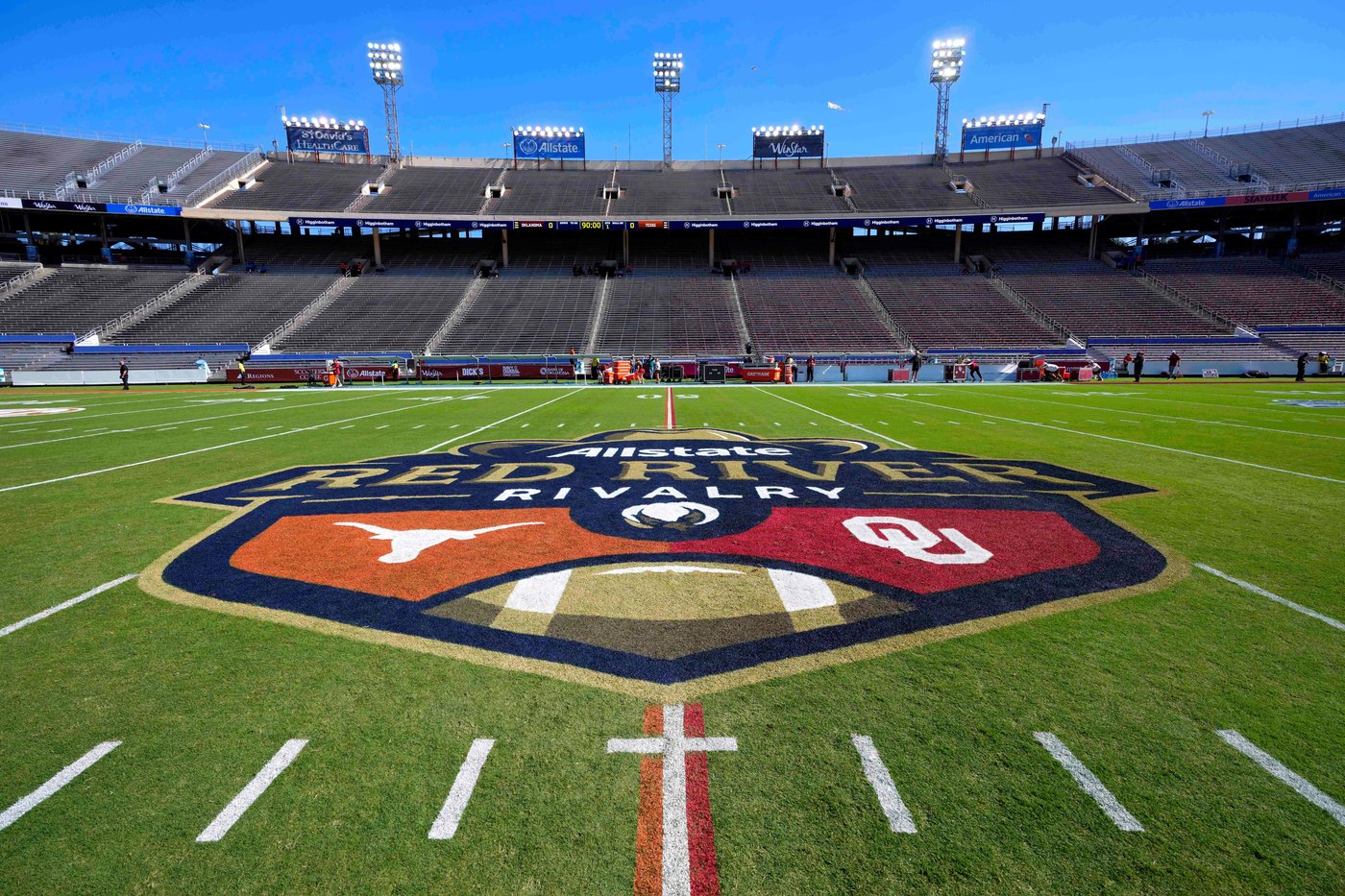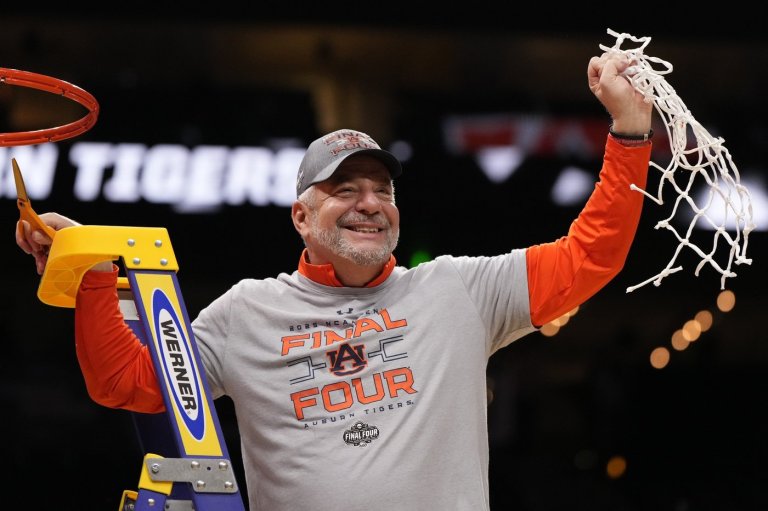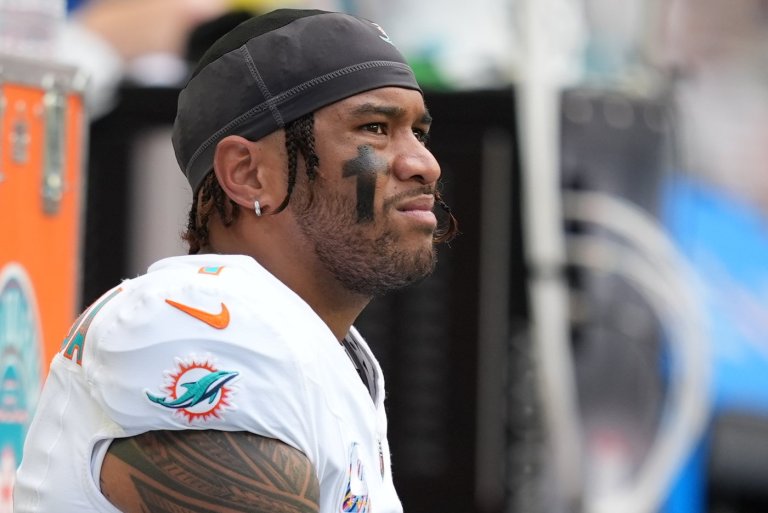SCORE vs. SAFE: Two competing bills in Congress seek to protect college sports and its athletes

Efforts to reform college sports remain uncertain as falls arrives, with the two most-thorough attempts each struggling to find enough backing in Congress due to their different priorities.
The SCORE Act, introduced in July with a hint of bipartisanship, would give the NCAA a limited antitrust exemption — targeted to shield the nation’s largest overseer of college sports from potential lawsuits against eligibility rules — and would bar athletes from becoming employees of their schools.
The SAFE Act, introduced by Democratic lawmakers last month, focuses on allowing conferences to pool their broadcast rights. Proponents say the move could bring extra billions to an industry that needs cash to finance a new era in which schools can pay players.
Do the bills have any similarities?
The most significant similarity is that both bills would preempt state laws regarding name, image and likeness payments that have been allowed since July 2021. States have different laws regarding NIL, which can put teams in the same conference under different rules.
Southeastern Conference Commissioner Greg Sankey called the “state preemption” provision a common-sense solution that allows athletes to “know that the opponent is playing by the same rules” no matter what state they play in.
Both bills also call for schools to offer medical insurance to athletes after they leave school; the SCORE Act would extend this for three years and the SAFE Act for five.
What are the biggest differences?
The two measures are particularly divisive when it comes to the athletes.
A vast majority of Democrats oppose stripping athletes of their rights, either to sue the NCAA or to potentially form unions that could lead to them becoming employees. An NCAA executive has called the idea of athletes becoming employees the “budget-buster of the century,” and cited surveys saying most athletes don’t support it anyway.
The NCAA argues it wants the limited anti-trust protection to prevent situations like the one it is in now, with more than a dozen lawsuits in different courts, most of them about eligibility rules that have traditionally given athletes five years to complete four seasons of eligibility.
Meanwhile, the SEC and Big 12 are on record as saying the key proposal of the SAFE act, pooling TV rights, is no guarantee of bigger money down the road. A proponent of that measure, Texas Tech head of regents Cody Campbell, is running TV ads saying such an arrangement could net between $4 billion and $7 billion more.
Neither side has offered specifics about how they reached their conclusions. Media deals from the Big Ten are worth a reported $8 billion and the SEC, which operates in smaller markets, are worth $3 billion. Those leagues might not see a path toward bigger riches by teaming up.
Could the Olympics offer a chance for compromise?
Politicians love to wrap themselves in the American flag, and the consequences for the Olympics could be a place to find common ground.
There is general agreement that football and basketball need to succeed at a high level in college because they ultimately bring in the money that funds the “non-revenue” sports that feed the pipeline for Team USA.
Both SCORE and SAFE have language that speaks to this reality, though in different ways. SCORE would establish a minimum numbers of sports that schools of a certain size must offer (most already do). SAFE proposes that increased proceeds from theoretical new TV deals be used to keep participation of women’s and Olympic sports at 2023-24 levels.
If signs ever surface that the Olympic pipeline is in true jeopardy, that might lend a sense of urgency for compromise. Some programs around the country have been cut, but the NCAA argues scholarship dollars and participation levels are at record levels in the wake of the House settlement.
“It’s also fair to say that there’s a lot going right,” NCAA vice president Tim Buckley said.
Is there any chance either of these bills pass?
Sen. Ted Cruz, R-Texas, spoke out against the SAFE Act almost as soon as it was proposed. As the chair of the Senate Commerce Committee that oversees college sports, Cruz figures to have a big impact on anything that gets to the Senate floor, where it would then need 60 votes.
The SCORE Act looked like it was headed for a vote in the House, but there were too many Republican doubters to gurantee its passage.
The NCAA and conferences have been subtly pushing to rebuild momentum lately, but few think college sports is high on the priority list given the government shutdown.
Should House Republicans coalesce around the SCORE Act, there is a chance they could attach it to a piece of “must-pass” legislation and send it to the Senate, which would give Democrats the difficult choice of rejecting a bill they otherwise support because of college sports. As long as enough Senate Democrats see athletes’ rights being trampled by SCORE, it won’t pass without significant changes.
___
AP college sports: https://apnews.com/hub/college-sports
Join the Conversation!
Want to share your thoughts, add context, or connect with others in your community?
You must be logged in to post a comment.
















